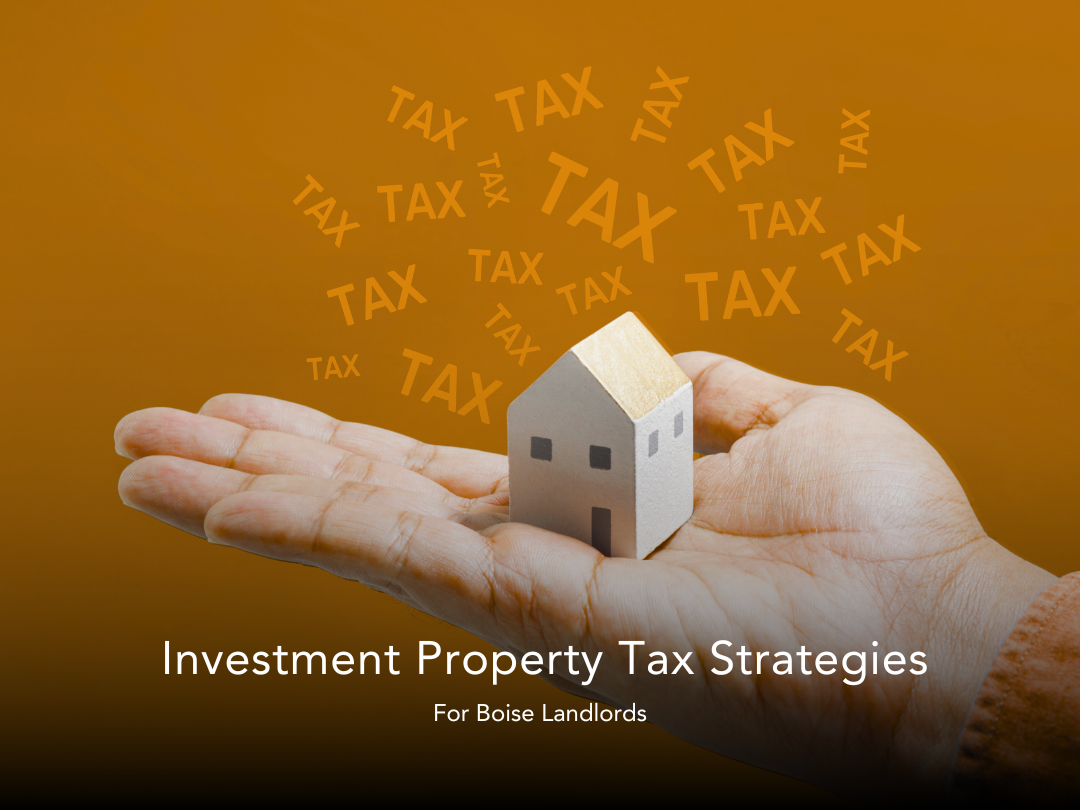Investing in real estate can be one of the most lucrative financial moves but knowing when to buy or sell an investment property is just as crucial as selecting the right property. Timing the market correctly can mean the difference between maximizing your returns or leaving money on the table. In this guide, we’ll break down the best times to buy and sell an investment property, along with the pros and cons of each.
Best Time to Buy an Investment Property
Market Downturns and Buyer’s Markets
A buyer’s market occurs when there are more properties for sale than there are buyers. This often leads to lower home prices and greater negotiation power for buyers. Economic downturns, rising interest rates, and seasonal trends (such as winter months when fewer people buy homes) can all contribute to a buyer’s market.
Pros:
Lower purchase prices and potential for appreciation over time.
Greater ability to negotiate terms, such as closing costs or contingencies.
Increased rental demand during economic uncertainty, ensuring steady income.
Cons:
Potentially higher interest rates if purchasing during an economic downturn.
Lower property appreciation in the short term if the market continues to decline.
Requires patience, as profits may take time to materialize.
When Interest Rates Are Low
Mortgage interest rates significantly impact investment property affordability. When rates are low, borrowing costs decrease, making it easier to finance a rental property while keeping monthly expenses down.
Pros:
Lower mortgage payments increase cash flow.
Higher affordability allows you to invest in better properties.
Easier access to financing options.
Cons:
Increased competition, leading to bidding wars and higher prices.
May need to act quickly before rates rise again.
Some properties may be overvalued due to increased demand.
Off-Peak Seasons (Winter and Fall)
The real estate market tends to slow down during colder months, as many buyers wait for spring or summer to make a move. This can be a great time to purchase an investment property at a discount.
Pros:
Less competition from other buyers.
More motivated sellers willing to negotiate.
Faster closing process with fewer transactions in the market.
Cons:
Fewer properties available to choose from.
Potential difficulties in securing tenants immediately if demand is low.
Best Time to Sell an Investment Property
Seller’s Market Conditions
A seller’s market happens when there are more buyers than available properties, driving up prices. These conditions often occur when interest rates are low, job markets are strong, and home values are appreciating.
Pros:
Higher sale prices and faster transactions.
More competitive offers, sometimes above the asking price.
Reduced time on the market, minimizing holding costs.
Cons:
Need to reinvest quickly to avoid capital gains tax (unless using a 1031 exchange).
Potential difficulty in finding a new property to reinvest in at a reasonable price.
When Property Values Have Peaked
If home prices in your area have increased significantly and show signs of slowing down or plateauing, it might be the perfect time to cash out and maximize your profits.
Pros:
Allows you to capitalize on maximum appreciation.
Opportunity to diversify or reinvest in new ventures.
Reduces the risk of holding onto an overvalued asset.
Cons:
Selling too early might mean missing out on additional appreciation.
Capital gains taxes could cut into profits.
Before Major Repairs or Renovations Are Needed
If your rental property requires significant maintenance or renovations, selling before those costs become necessary can save you money and hassle.
Pros:
Avoids large capital expenditures on repairs.
More appealing to buyers if in decent condition.
Can reinvest proceeds into a newer or lower-maintenance property.
Cons:
Selling “as-is” may limit potential buyers.
Lower sale price compared to fully renovated properties.
The best time to buy or sell an investment property depends on multiple factors, including market conditions, interest rates, and your personal financial situation. Buying in a down market and selling in a strong market are general rules to follow, but each decision should be based on careful analysis and long-term strategy. By timing your real estate investments wisely, you can maximize your returns and build lasting wealth.











